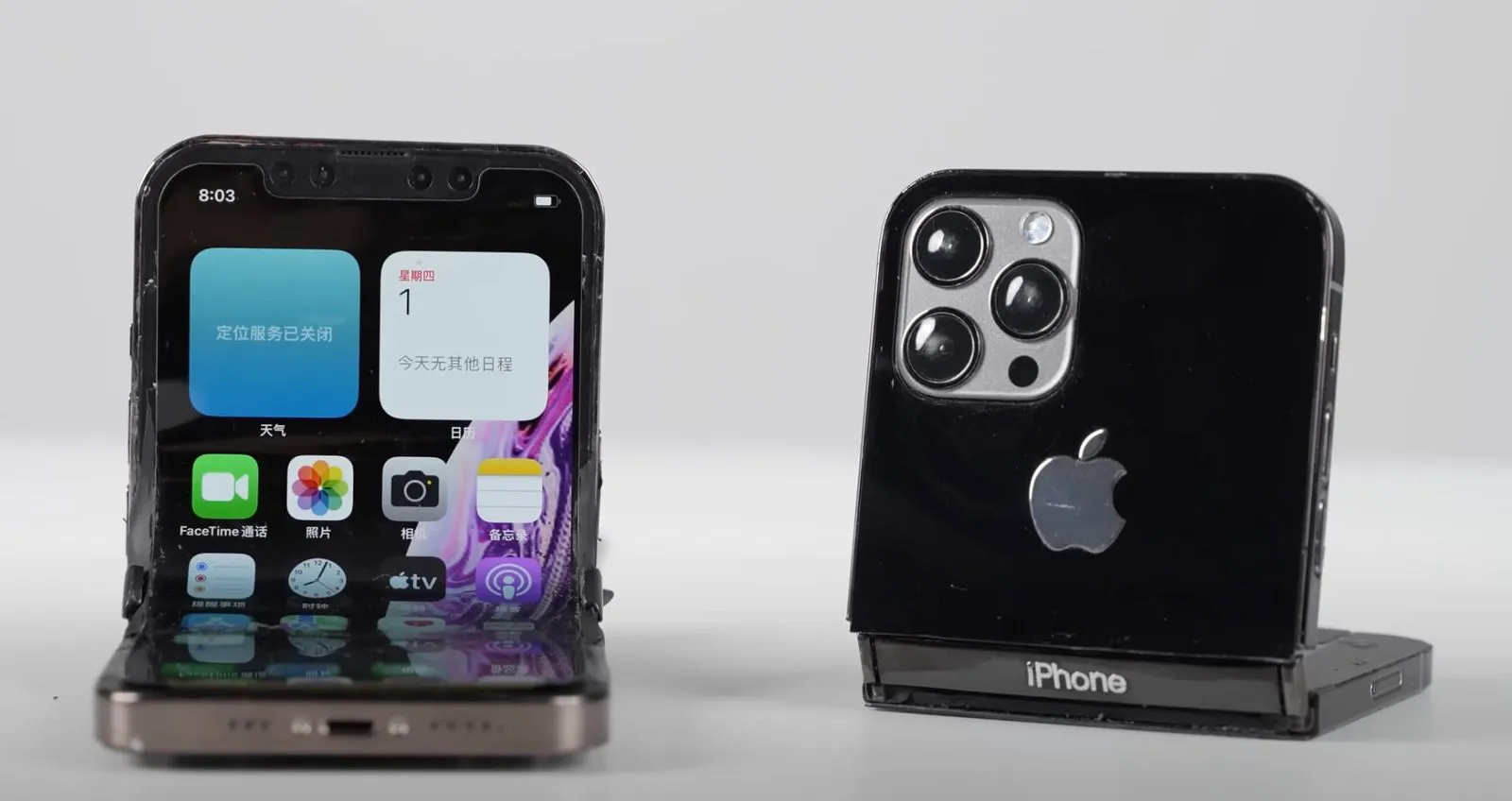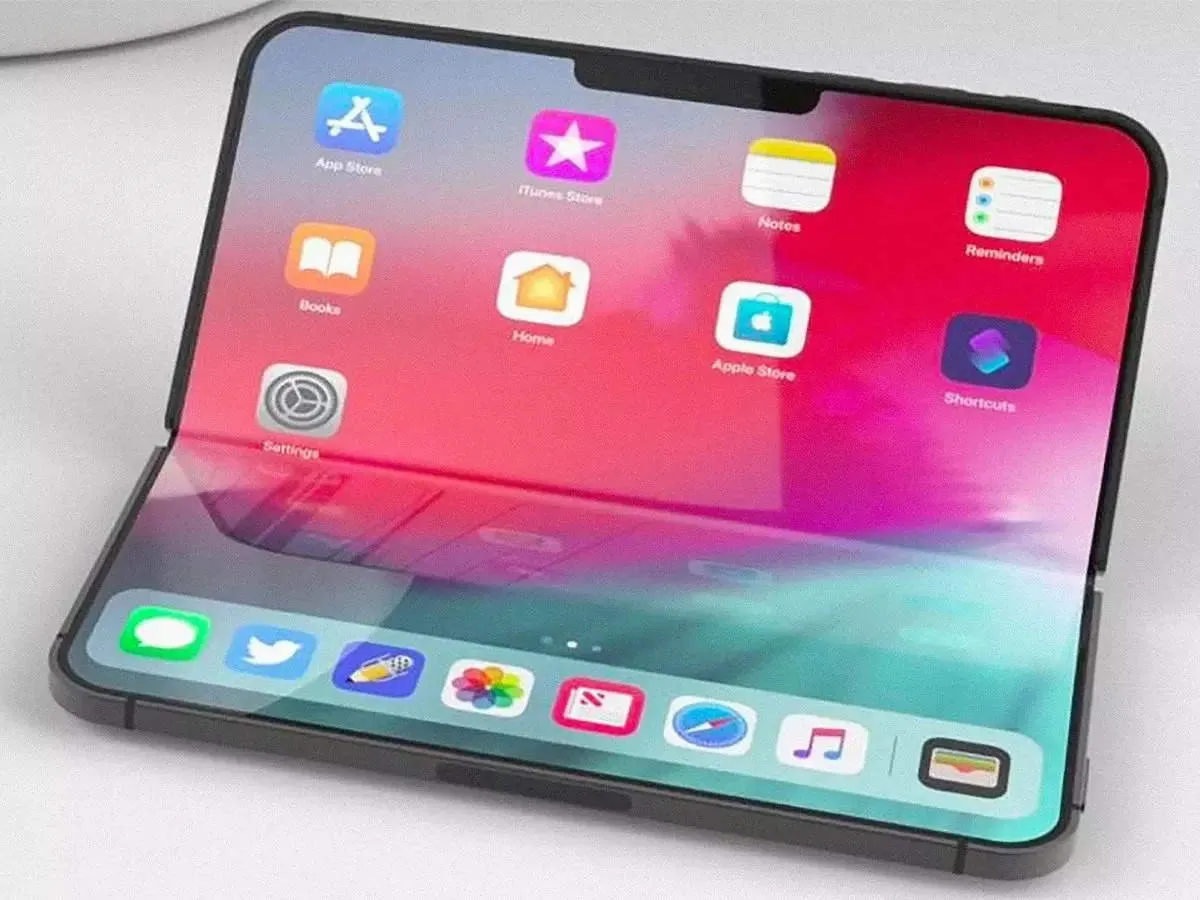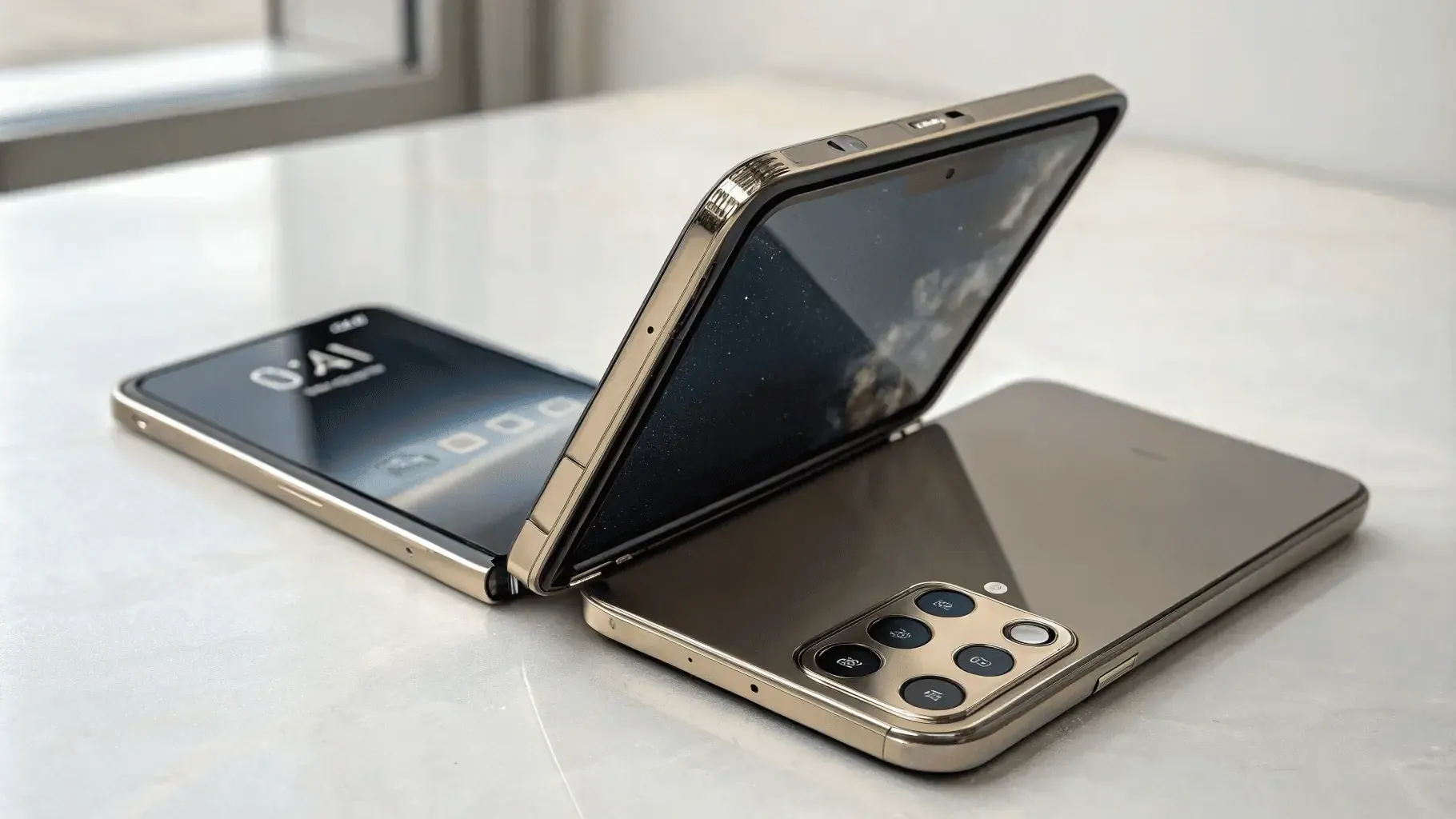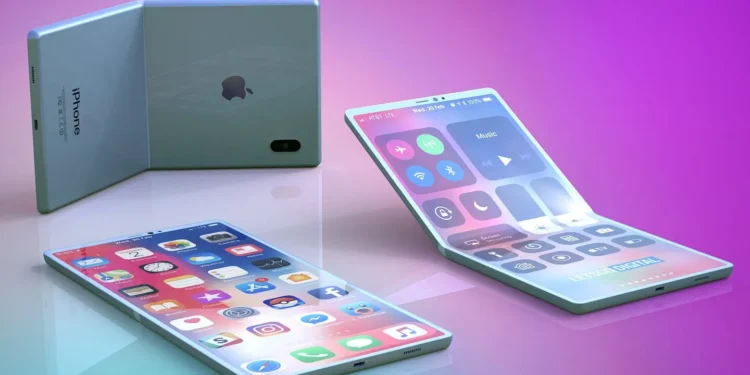In a groundbreaking move that could redefine mobile computing, Apple is reportedly on the brink of finalizing a supplier for its innovative foldable display technology. This development is part of Apple’s broader strategy to stay at the forefront of the tech industry by integrating cutting-edge technology into its devices.

Pushing the Boundaries of Innovation
Sources within Apple’s supply chain, as detailed by the Naver blog account “yeux1122,” reveal that the tech giant has maintained stringent technical standards for potential suppliers. These standards emphasize industry norms for thickness, size, and curvature radius, but with an added demand for enhanced durability and better crease prevention. This initiative reflects Apple’s commitment to not just keeping pace with current technology but advancing it.
The meticulous selection process is expected to wrap up between late February and early April, highlighting the strategic planning behind Apple’s product development cycles.

What This Means for Apple’s Product Line
Though the specific device intended for the foldable display has not been explicitly mentioned, the timing aligns with rumors of a foldable iPhone. Renowned analyst Ming-Chi Kuo suggests that Apple’s foldable iPhone project is still in the planning stages, with a potential release window spanning from late 2025 to 2027. “The Information” has hinted at a possible 2026 launch for a clamshell-style foldable iPhone.
Further expanding its foldable technology horizons, Apple is also exploring larger devices. Reports from “The Wall Street Journal” and Bloomberg’s Mark Gurman indicate that Apple is working on a roughly 19-inch foldable device that could function as a laptop, alongside plans for a “giant” foldable iPad expected in 2028. These developments are part of Apple’s broader vision to produce devices that seamlessly blend form and function, featuring displays that resemble a single piece of glass without visible creases.

The Implications for Apple and the Tech Industry
The introduction of foldable technology by Apple could set a new standard for mobile computing and device usability, echoing the revolutionary impact of the original iPhone. With these advancements, Apple not only reinforces its reputation as an innovator but also challenges other tech companies to rethink their approach to device design and functionality.










